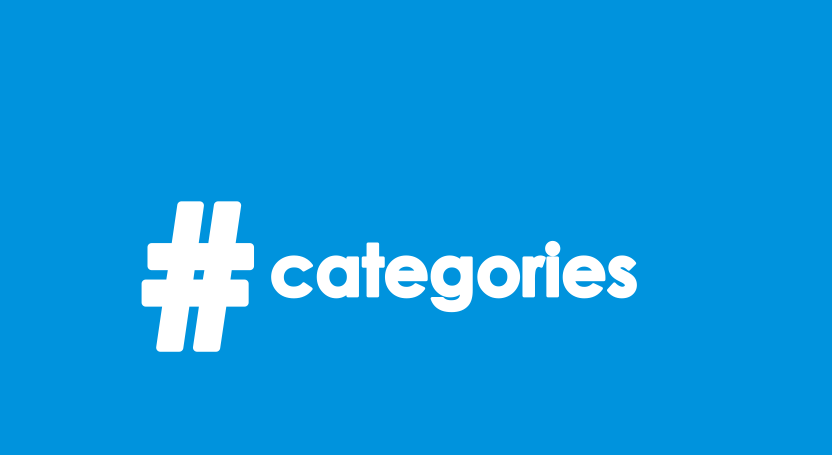Categories & Tags
In almost any type of website, you can arrange your content in categories and tags, by creating archive pages for each category and tag. This is especially true on the WordPress platform, where categories and tags play an integral role in your site foundation.
Why Categories & Tags Should Be Used
Categories and tags are simply just useful. They help your visitors find content on your website and save time. When a visitor is able to find the content they want, their frown turns upside down, and they stay on your website or app longer. Numerous tests show that efficient and logical organization of a website or app that facilitates smooth navigation through content for the visitor, equates to a much longer time the visitor spends on your website, which is great for you (and your search engine ranking).
Dangers of Tags and Categories
However, there are some risks with categories and tags as well if you do not use them correctly. In many cases (especially on WordPress), website owners over-tag or over-categorize posts and pages. This creates numerous archive pages with the same identical content (as each post and page appears in a separate archive page). This can lead to major search engine ranking issues, as Google can see this as an exploit and duplicate content, thus hitting your website with the de-rank (or even un-rank) hammer.
This can be easily avoided.
1. Use tags and categories sparingly. Add only tags and categories that make sense to the user.
2. When installing SEO plugins like Yoast or All In One SEO, navigate to the “noindex” portion and select to remove search engine indexing from both categories and tags. This will Google from indexing all of those similar pages containing the same posts and/or pages.
3. Use a plugin like WP Custom Category Pages to actually make your category pages unique (thus avoiding strategy 2). This should in most cases make your category pages safe to index and even increase the ranking of your posts, as Google will use those category pages to further understand what your posts and/or pages are about, in many cases, increasing the ranking on them in search engines.

